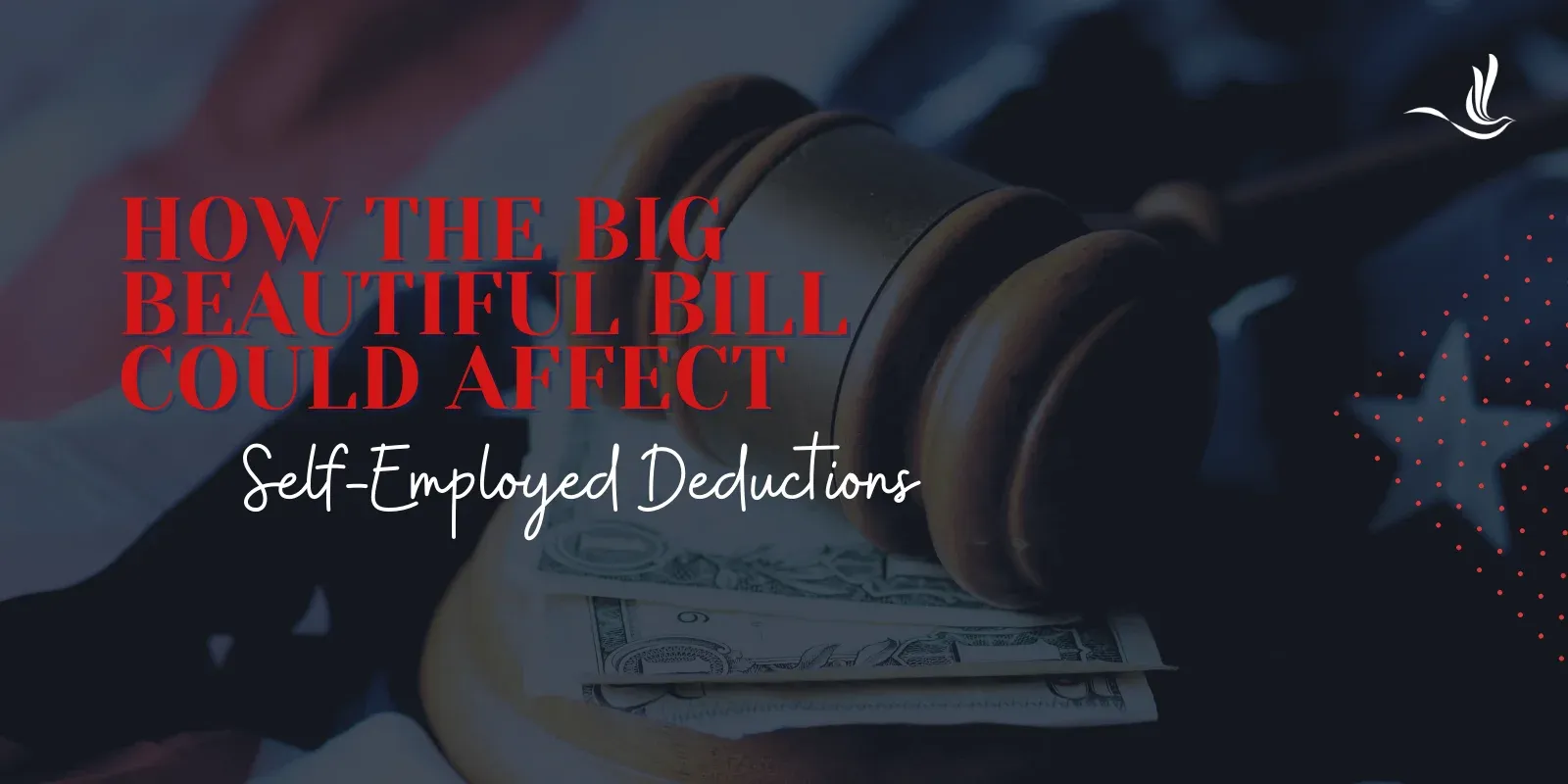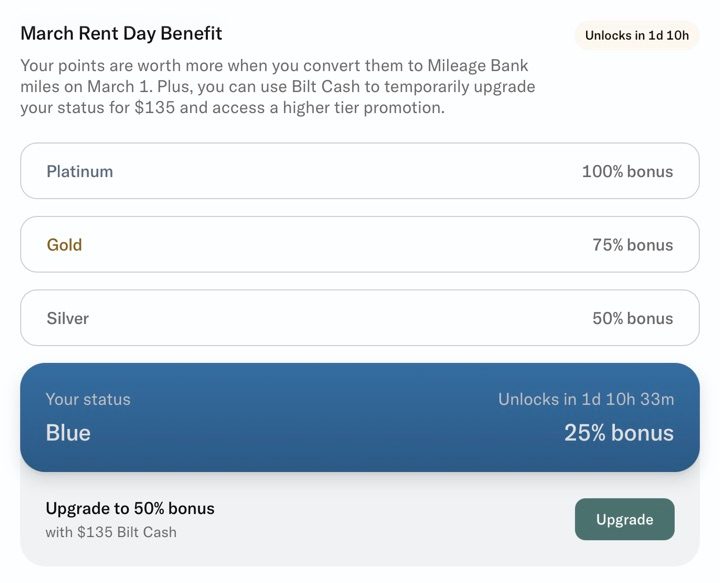By Anna Jordan on Small Business UK - Advice and Ideas for UK Small Businesses and SMEs
It’s an uncertain and turbulent time in the energy market and small businesses are not exempt.
A significant post-lockdown demand for gas, especially in Asia, has led to a major increase in wholesale gas prices. British Gas owner, Centrica, expects price rises to last two years.
More than half (54 per cent) of UK SMEs are already spending £3,000 or more a year on energy, according to Tyl by Natwest. In fact, 65 per cent of SMEs are spending up to one fifth of their total business costs on energy consumption.
Inflation is putting pressure on small businesses who may be forced to close due to the price rises, along with other strains such as the rise in National Insurance introduced in April.
>See also: How much national insurance hike will cost your business
As the market is so precarious at the moment, we won’t be covering specific deals. Instead, we’ll tell you how you can find the best energy supplier for your small business.
Quick guide to finding the best small business energy supplier
Check your existing contract before you goBefore you start your search, check your contract for exit fees.
Look at when your contract ends and how much notice you need to give if you want to leave. A ‘default’ or ‘deemed’ tariff might mean you can switch. This the energy tariff you’re on if you’ve moved to a new premises and haven’t set up a new energy plan or moved your previous one over. If you’re on a variable tariff you won’t be tied in to a contract but will be vulnerable to price hikes like the ones we’re expecting to see this year.
Find out how much energy you use and how much it costs per unit of energy as this information is vital to take to providers you wish to switch to.
If you’re not in a position to switch, get in touch with your energy supplier and they might be able to move you on to a cheaper tariff anyway.
They have to tell you if you can move to something less costly. Alternatively, they can find ways to reduce your existing deal, like fitting a smart meter.
Switch direct through an energy supplierIf you come across a deal you like, it’s worth getting in touch with the supplier directly. It’s best to do this over the phone so that you can talk through terms and conditions and potentially learn about better deals. Tell them if you’ve found a better deal elsewhere too as they might be able to sweeten their existing offering.
Agreements over the phone are legally binding – be careful.
Take your time with making a decision about your energy supplier and ask for a contract in writing before you agree to anything.
Check out price comparison sitesPrice comparison sites will give you a better idea of what’s going on in the market and what the average prices are for what you’re after.
Some deals might be exclusive to one comparison service while some will only be available direct from your energy supplier. And unlike insurance, there are no energy providers which are not on comparisons website such as Direct Line or Aviva.
There are a few business energy comparison sites out there. They’ll allow you to search by:
Types of energy contract
Price
Business size
Green energy
Perks/bonuses
Remember to look out for extra fees like maintenance costs. Business deals tend to be bespoke depending on your business and energy usage, so you’ll likely need to provide details online and they’ll give you a call back.
As they’re bespoke it’s highly unlikely they’ll offer a 14-day cooling off period to pull out of the deal should you change your mind.
Or try an energy brokerAn energy broker’s job is to find and negotiate details with an energy supplier for you. They can save you time, spot billing errors and offer additional services. They’ll also remind you when your contract is ending so you won’t fall for auto-renew trap. They may know the whole market, but be warned that they have relationships with certain suppliers and could be more inclined to suggest their offers.
Find out how they’ll charge you before you set up with them.
It might be an upfront lump sum or an additional payment on the energy contract you sign up to. Find a reliable broker by looking at their reviews online. Finally, if they do mess you around, you have a right to cancel your contract and get your money back.
How about switching services?For those who don’t have the time or the energy (so to speak) to look at rates themselves, services are available that can make the switch for you.
On account of the current up and down of the energy market, Flipper has shut down and Look After My Bills has paused its service. However, Switchcraft and Switchd are still on the go.
Switchcraft deals with providers on your behalf.
The service is free but they’re paid a commission so they could be biased towards suppliers who are giving them said commission.
Switchd automatically switches you to the best deals but you do pay for the service. Switchd works on a membership model but you won’t be charged until your first switch. They don’t work on commission, so perhaps they are more trustworthy, offering a broader view of the market. There is a free service and paid services cost up to £4.99 a month, with potential savings and customer service facilities increasing with each price point.
Sort out your priorities before you enlist a switching service.
For example, they might avoid switching you to a provider with poor customer service, but you could be missing out on the cheapest small business energy supplier. Similarly, paid-for services may give you a wider range of options but how does that fare on balance with forking over a fee?
Saving money on small business energy
Operating a business from home: should I go for a domestic or business tariff?
If you run your business from home, you won’t need a business energy contract and could claim tax back on some of your home energy cost.
>See also: What expenses can I claim through my business?
Businesses do tend to have lower energy costs per unit and the larger the business, the smaller the unit rate in general. That said, home owners pay 5 per cent VAT on their energy where businesses pay 20 per cent so savings could be made there. Businesses also pay the Climate Change Levy (CCL).
It doesn’t apply if businesses use renewable energy. What’s more, they may only pay 5 per cent VAT if they use less than an average of 33 kWh of electricity and 145 kWh of gas a day. (That’s the equivalent of 12,045 kWh of electricity and 52,925 kWh of gas a year, which is well above the amount of energy most people use at home).
You also don’t pay CCL and only pay 5 per cent VAT if you have a residential element to your business. That is to say, you run a B&B, a campsite or a care home.
You’ll need to use a lot of energy at home to justify moving to a business tariff, 50 per cent as a threshold marker. Taking meter readings at the beginning and end of the day will give you a better idea of how much of your home energy is used for your business versus your normal domestic usage.
It’s best to compare domestic and business tariffs to find out what’s best for you – remember to include the VAT and CCL in your final tally.
Refer a friend
You may have seen these before as they’re a useful pull for consumer credit cards and other services.
Refer a friend schemes give you and/or your friend a reward if you switch to their energy supplier. They’re normally financial incentives like cash or in-account credit.
They’re not normally as big a draw for business customers but if it’s layered on top of a good deal then that could be a winner for you.
Remember the little things
Small changes really do add up. Start with direct debits and paperless billing to cut down your costs.
What you should be researching to find the best energy supplier
You’ll have an idea of this already, but here’s a recap. Take notice of:
- Customer service ratings
- Fixed vs variable
- How long the contract is
- What type of energy is used
- Rates and fees
- Protections (such as price cap if you run your business from home and have a domestic energy tariff)
Find out how long it will take to switch – it’s normally within 17 days but will be done within 21 at the most.
While you’re here, it’s more than worth your while to make sure that you’re clued up on your rights in the event of:
- Your energy supplier going bust
- Power cuts and supply problems
- Not being able to afford your energy bills
Which small business energy suppliers are out there?
Bulb
Bulb is in ‘special administration’ at the moment meaning that it still operates as Bulb but is being run by someone else.
The firm promises green energy with no contracts.
Good Energy
Good Energy offers 100 per cent renewable energy and is carbon neutral.
Octopus Energy
Octopus Energy has 100 per cent renewable energy rates and no ‘extortionate’ out-of-contract fees. Fixed tariffs last for a year.
SSE
SSE supplies 100 per cent renewable energy, sourced from its own wind and hydro assets. It has fixed energy plans for small business budgets.
Utilita
With Utilita there are no hidden fees and you get a dedicated business account manager. Customer support is available through a number of channels, including high street energy hubs.
>See also: Renewable energy: Why small businesses should go green
Where to get further help
Citizens Advice and Citizens Advice Extra Help Unit (England and Wales)
Citizens Advice will give you independent guidance online, over the phone or in person for free.
The Extra Help Unit raises complaints with energy suppliers on behalf of individuals and microbusinesses across Great Britain.
When referred, you’ll be assigned a dedicated caseworker who will act on your behalf until your case is resolved.
If you have an energy-related problem, are in a vulnerable situation and your business:
- Has fewer than ten full time equivalent employees and an annual turnover or annual balance sheet total of less than €2m a year, or
- Uses less than 293,000 kWh of gas per annum, or
- Uses less than 100,000 kWh of electricity per annum
The first step is to call the Citizens Advice Consumer Service on 0808 223 1133.
Energyadvice.scot (Scotland)
Energyadvice.scot is geared at microbusiness consumers, offering free, practical advice and information on energy-related matters.
Resolver
Resolver is a web-based service which is suitable for most disputes with your energy supplier. Just submit a dispute online and Resolver will help you through the process.
Energy-related financial support is also available. Check out 150 UK small business grants to apply for right now and Where to find green small business grants to find loads of schemes, including energy efficiency grants for small businesses.
Read more
How to take the uncertainty out of your business energy bills
The post How to find the best energy supplier for your small business appeared first on Small Business UK.
Original Article






